The 24th iteration of Exercise Sea Breeze concluded in Constanta, Romania, on 12 September, bringing to a close the third and final phase of this year’s Black Sea-focused multinational training, the U.S. Navy stated.
Sea Breeze 2025 included participation from 18 NATO Allies, partners, and Black Sea nations across three geographically distinct serials. According to U.S. 6th Fleet, the exercise placed particular emphasis on mine countermeasure (MCM) operations in response to the increased presence of sea mines in the Black Sea.
U.S. Navy Vice Adm. J.T. Anderson, commander of U.S. 6th Fleet, said in the release: “Exercises like Sea Breeze play a vital role in ensuring future peace, security, and stability in the Black Sea. Through three iterations of collaborative effort, we have improved our fleets and forces MCM capabilities, built the infrastructure to effectively integrate and adapt our command and control, and demonstrated our shared commitment to building a stable and secure maritime environment for all of our nations.”
The first phase, hosted by Romanian forces at Smardan Range, focused on amphibious and land operations with six nations, including riverine training, HIMARS live-fire drills, and integration of unmanned aerial systems. It concluded with a simulated amphibious raid.
The second phase, hosted by the UK at Portland Port, concentrated on joint mine hunting, dive and salvage operations, explosive ordnance disposal, and the use of robotic and autonomous systems. A combined-staff headquarters oversaw planning, targeting, and command-and-control for coalition forces.
The third and final phase, co-hosted by U.S. 6th Fleet and the Romanian Navy in Constanta, gathered Heads of Navy from 13 NATO and partner nations. Discussions covered perspectives on the Black Sea, development of the MCM Black Sea Task Group, information-sharing, command-and-control innovations, and the application of unmanned systems in mine countermeasure operations.
Participating forces came from Bulgaria, Denmark, Estonia, France, Georgia, Greece, Italy, Latvia, Moldova, Norway, Poland, Romania, Spain, Sweden, Türkiye, Ukraine, the United Kingdom and the United States.
Exercise Sea Breeze, co-hosted annually by the United States and Ukraine since 1997, remains a central multinational maritime exercise in the Black Sea, integrating sea, land and air components to build interoperability and capability among participating forces.


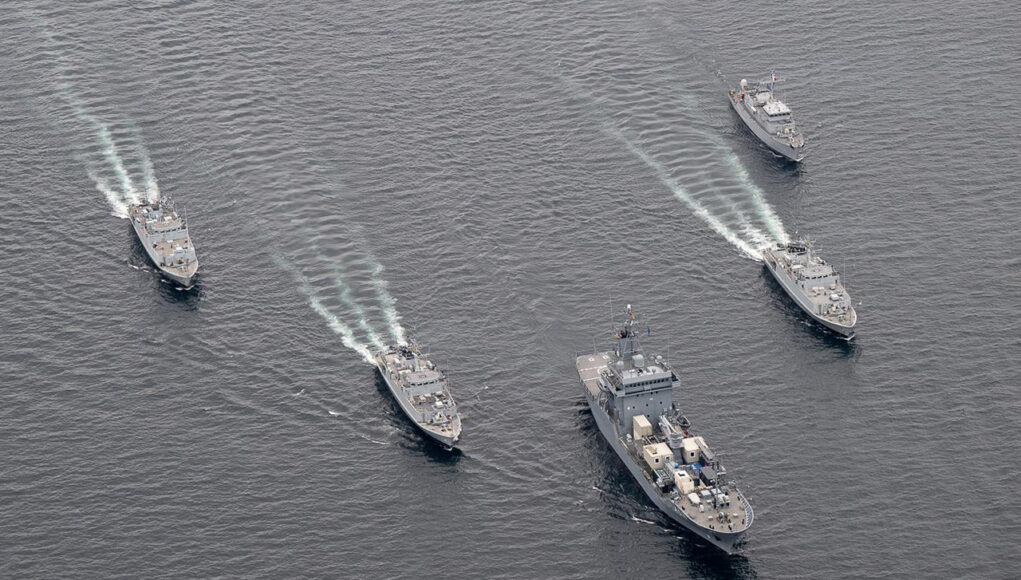
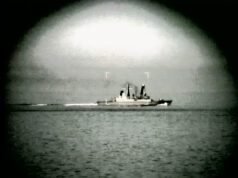
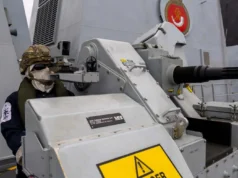


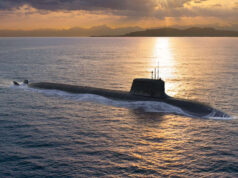
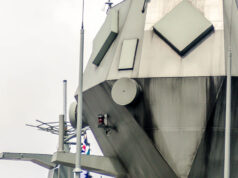
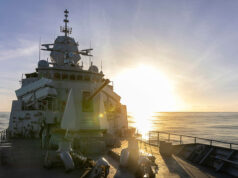
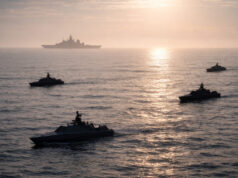
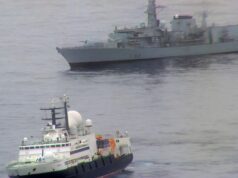
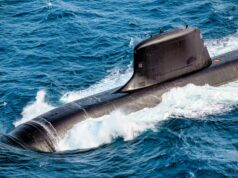

A UK cross-party committee of peers and MP’s on the Joint Committee on the National Security Strategy have recently warned that the UK’s undersea internet cable network represents a strategic vulnerability in the event of hostilities. The report criticises the inadequacy of security preparations in the light of serious attempts by the Russians (and others) to map our critical sub-sea infrastructure
Using strong language from the committee members – usually considered “safe pairs of hands” – The committee recommends a greater focus on “direct physical interdiction and prosecution” of suspicious vessels and crew. The Committee suggests that “an assertive approach might yield some success” – while highlighting the risks of retaliation
I have been asking for such a robust approach to Russian vessels in the Irish Sea, the Western Approaches, the Channel and the GIUK Gap for months. Suspicious Russian vessels in these areas should be boarded by the Royal Marines and the ship taken to the nearest friendly port, where the crew should be interned. The electronic equipment should be seized and the data secured.
If the ship fails to obey RN instructions, then sink it. The Russians need to learn not to challenge the Royal Navy in our waters, or they will suffer consequences. Will Putin respond agressively? No chance!
Nope, can’t really see the link to the article, what am I missing ?
Even though the article applies to the Black Sea, another outlet for sanctioned ruZZan shadow tanker exports! The same applies to S.T.s’ illegal activities off the coasts of NATO countries. They need to be seized and impounded like France has done recently.